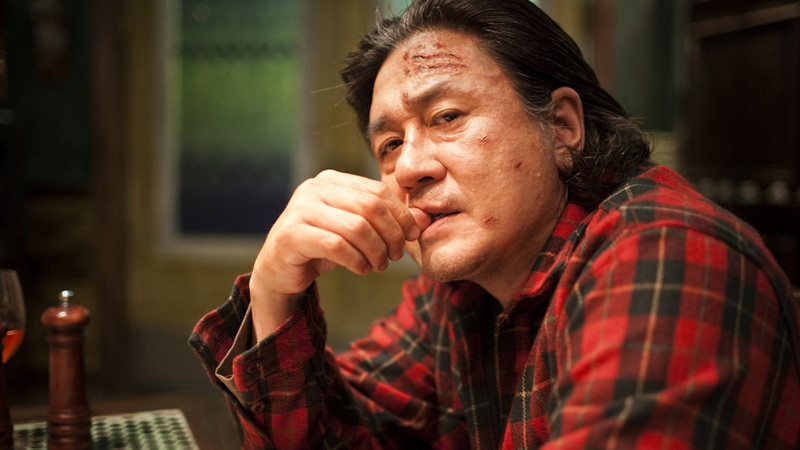
Korean cinema made a name for itself among cinephiles at the turn of the 21st century for original genre film, and in particular with slick, ultraviolet action films, mostly with a focus on the revenge theme. Park Chan-Wook’s Revenge Triology being the ur-text. Seeing as guns are not as readily available in Korea the characters had to improvise a little, which means a lot of the fight or combat sequences were lent an extra element as characters scramble about utilising everyday objects such as kitchen knives, and, most notably, hammers, to incapacitate each-other. In the last decade this tradition has continued, as you’ll see in the list below, and matured but the filmic landscape has diversified a lot.
Genre still holds a place at the centre of the Korean output, but there are a growing number of meditative, arthouse directors producing engaging films. These films examine Korean societal rifts—class divisions, gender, partition and the legacy therein and the effects of modernisation— in a more nuanced fashion, which is not to say that the genre work doesn’t satirise the culture, only that it does so on a macro level. Directors such as Lee Chang-dong and Hong Sang-soo focus their respective cameras on a small cast of characters in order to reach the universal through specificity.
10. The Yellow Sea
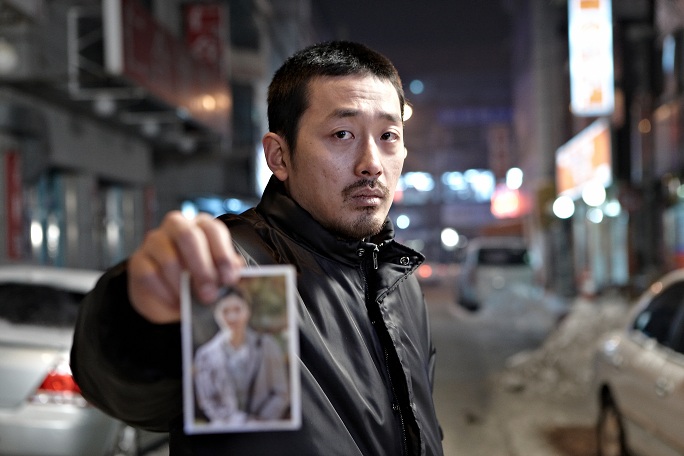
What starts as a character study of a self-destructive man, down on his luck, soon develops into a tight action-thriller with incredible, blood soaked chase sequences and frenzied fight scenes. Our protagonist has mounting gambling debts, and so agrees to a dangerous job in the South of Korea, for which he is woefully under experienced. He must kill a man, that is all he has been told. From here a line of treachery and betrayal unspools. There is also a lot of stabbing and bludgeoning in the second half as the tension mounts and we marvel at how much this man pushed to the extremes can endure.
9. The Man from Nowhere
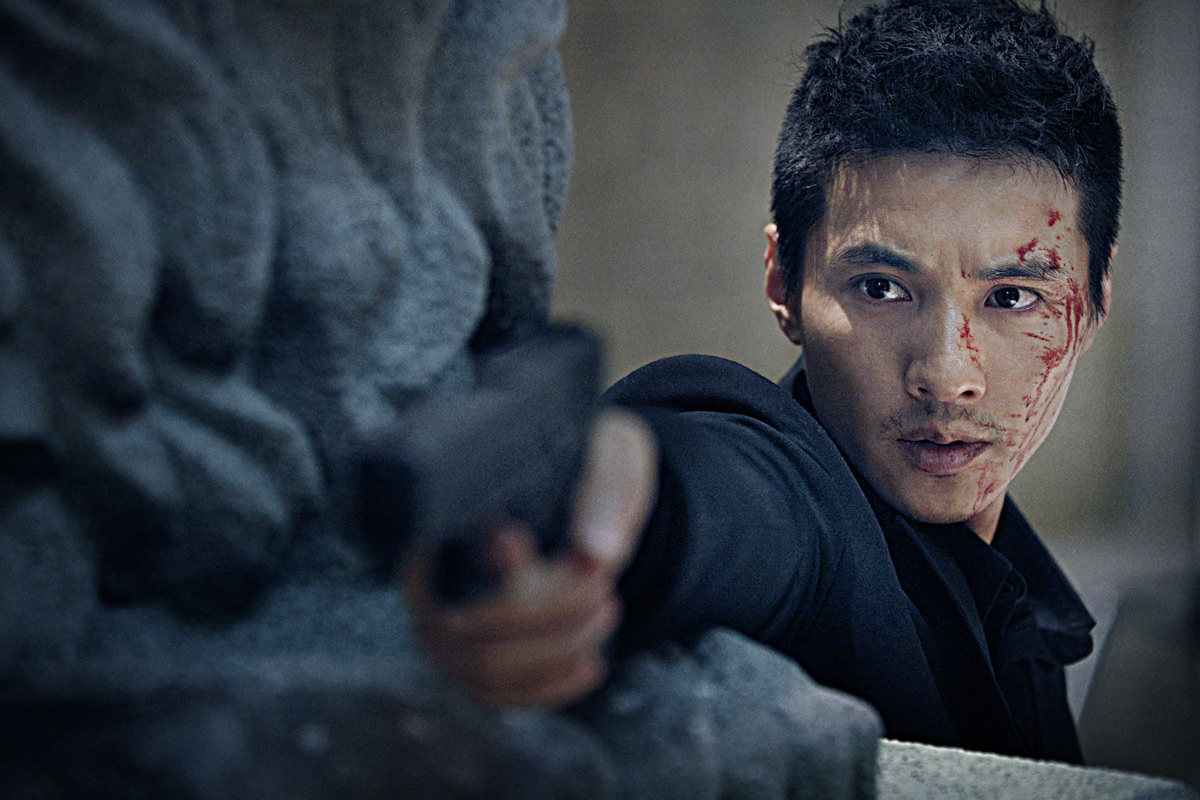
This is an action film in which the protagonist goes on a killing spree a la John Wick, in this case in order to protect his only friend (So-mí), who happens to be a young girl. The hero is a pawn shop owner with a shady past, who gets drawn into violence by the local, deadly drug and organ trafficking crime syndicate who have kidnaped So-mí. He has befriended the aforementioned kid because she spends time in his pawn shop avoiding the turbulence of their slum building and her family.
8. Right Now, Wrong Then
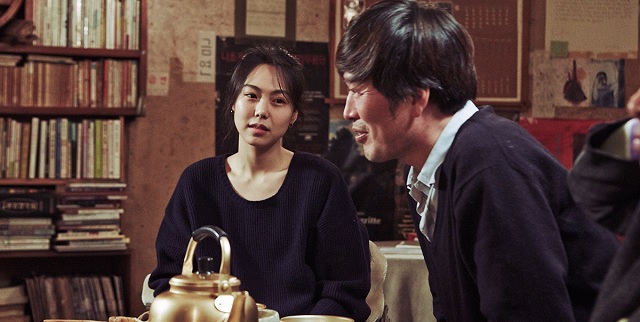
This naturalistic, low key film centres on a arthouse film director who has come a day too early to a film festival which is about to screen his latest film. The film is spare on climactic moments, instead we are given run of the mill encounters with long stretches of dialogue. What is unusual though is that the film tells of the same day twice, so halfway through we go back to the beginning and start again. The second time around is obviously not the same as the first yet the differences aren’t massive at the same time. In essence this film is a romance in the mould of Before Sunrise, in that a man and woman have a chance encounter and spend the day getting to know each other.
7. The Housemaid
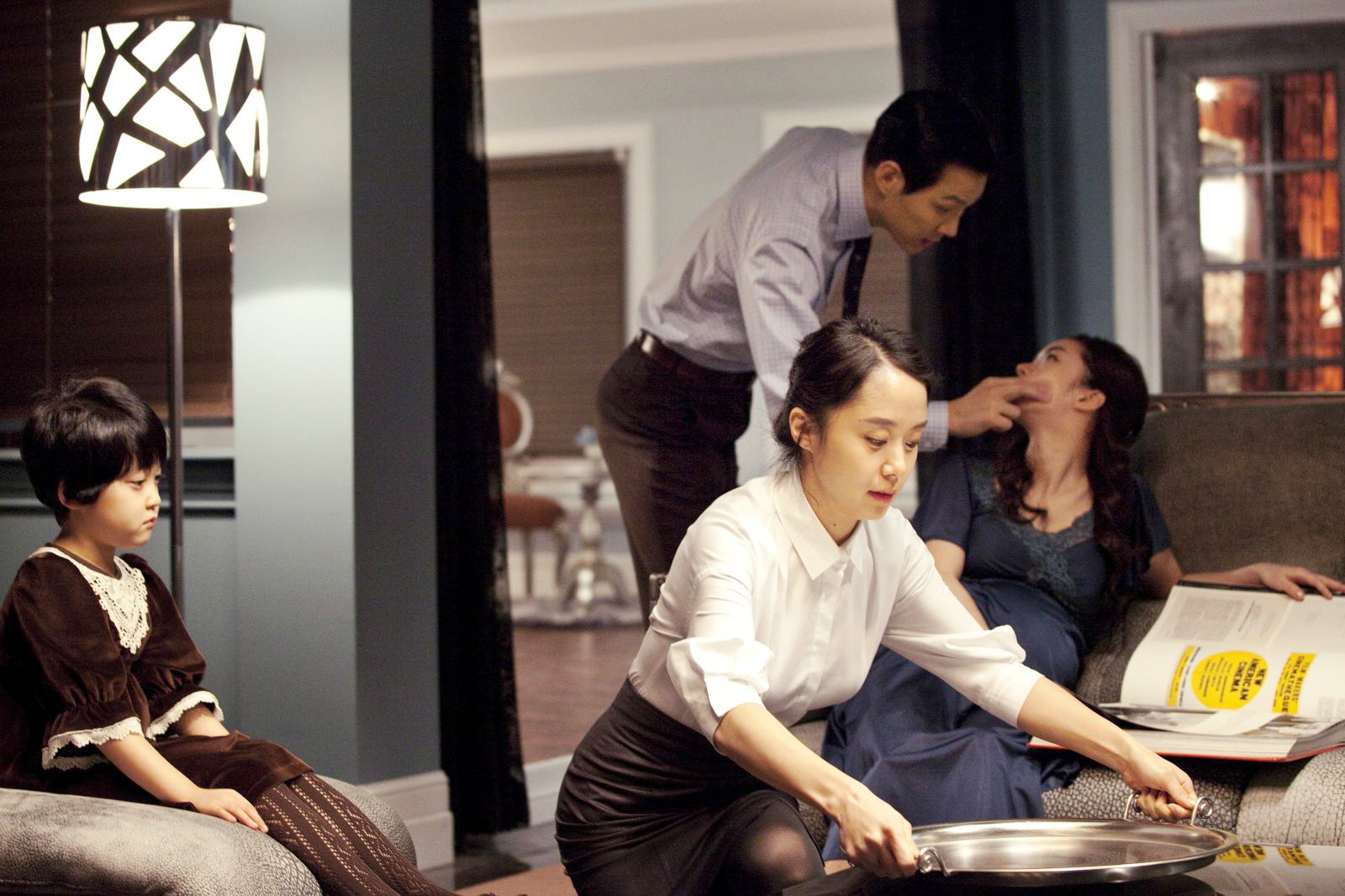
As big as the theme of revenge which keeps popping up in Korean cinema, and often intertwined with the revenge, is that of class differences, and the master, slave roles perpetuated by the wealthy. In this remake of Kim Ki-Young’s 1960 Korean classic, high society is again skewered, with some cursory psychosexual dynamics to add some spice to the broth. The pleasure in this film, about a disastrous affair between housemaid and employer, is all in the aesthetics—it looks gorgeous.
6. Poetry
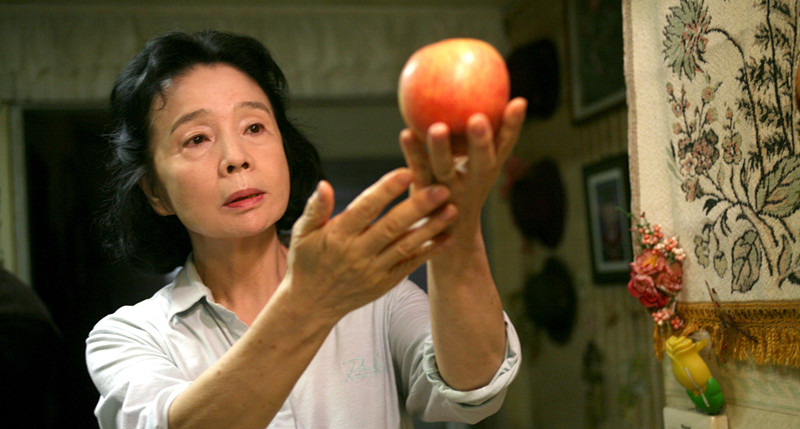
The focus here is on an ageing woman who is having trouble remembering words. She is working class, living off social welfare and a cleaning job, but takes great pride in her appearance—she is often described as chic by other characters. Either to keep her brain active or for more resonant reasons (we’re not told) she joins a poetry class early on in the film and so we join her as she tries to observe and find the beauty in her surroundings. Unfortunately, the circumstances of her life and her family too often impinge, so instead we see her struggle and suffer in perfectly pitched scenes which can only be described as poetic for their subtlety and humanity. This is a beautiful film.